Like millions around the world, I got into web3 during the pandemic.
While I am a nerd, I have never been a techie, and lockdown was the perfect opportunity to prove to myself that I could learn technology too. I studied Python and took courses on artificial intelligence, machine learning, and data science. None of it was too difficult, but it was all a bit clinical.
Then I came across web3, and it evoked a very different response. For me, it resonated.
I had known about Bitcoin since its beginnings in 2009. It was interesting enough from a tech point of view, but I never saw it as the answer to the world’s problems.
Web3, on the other hand, was intriguing in multiple ways. The technology, values, ecosystem, and leadership all made sense at a more human level.
In the ten-plus years since the Bitcoin whitepaper, blockchain had evolved into the infrastructure for a better future for humanity.
Did we finally have technology that could unleash human potential—at scale?
I was massively intrigued, and I have since dedicated much of my time to studying web3.
Here's what I learned:
Without web3, humanity risks succumbing to the power of the tech giants and their massive AI models. These companies control what information is available to us, as well as how we access it. They manipulate the algorithms that determine the content we see, potentially shaping our thoughts and opinions in ways that benefit their interests.
What’s more, the centralized nature of the current internet makes it vulnerable to censorship, surveillance, and data breaches. This puts our personal information at risk and allows governments and other organizations to control or manipulate us.
Web3 on the other hand distributes power and control more evenly among users. Blockchain technology allows web3 users to have control over their data and how it is used.
But web3 is not merely a better version of the current internet. It rewrites how we function as a society at large, eliminating many of the challenges we struggle with.
Here are 10 powerful ways that web3 changes how the world works:
For artists and musicians, non-fungible tokens (NFTs) can be used to create and sell unique digital art and music. This allows artists to retain control and ownership over their creations and ensures that each piece is one-of-a-kind.
Content creators can securely and transparently monetize their content. They can tokenize content and use smart contracts to manage subscriptions or payments.
Businesses can use web3 to improve supply chain transparency and traceability. Companies can use blockchain to track the origin and movement of goods throughout the supply chain, ensuring that they are ethically sourced and of high quality.
Cities or municipalities can use smart contracts to improve the transparency and efficiency of their processes. A city can use web3 to manage voting or public records, making it easier for citizens to access and verify information.
Web3 improves privacy and security. Individuals can use a web3-based identity management system to control which personal information they share with others and to ensure that their data is protected from unauthorized access.
In the healthcare industry, web3 can be used to securely store and share patient health records. This helps to improve data privacy and makes it easier for patients to access their health information.
In finance, DeFi can be used to create new types of financial instruments and services that are accessible to anyone with an internet connection. This makes it easier for individuals and businesses to access capital and reduce the cost and complexity of traditional financial services.
In the transportation industry, web3 can be used to improve the efficiency and transparency of logistics and supply chain management. A trucking company could use blockchain technology to track the location and condition of its vehicles in real-time, making it easier to manage and optimize its operations.
In the energy industry, web3 can be used to create decentralized energy markets that allow individuals and businesses to buy and sell renewable energy. This can help to promote the adoption of clean energy and improve the reliability and resilience of the grid.
In education, NFTs can be used to securely store and manage student records, including transcripts, test scores, and certifications. This makes it easier for students to transfer credits and access educational opportunities and can also improve the transparency and accountability of the education system.
Web3 decentralizes the internet and restores power to users, protects our privacy and security, provides new ownership models, and unleashes human creativity.
It is the only viable alternative to our current course—a future where humanity is entirely subservient to Big Tech and its massive AI models.
We have a choice.
We can capitulate to the forces that currently control technology, or we can join the movement that transforms it.
Without web3, humanity is simply not going to make it.
That’s all for today, folks.
Leave a comment to let me know your thoughts. On Friday, there will be an exciting Ready for the Future 5 edition.
See you then!
Misha
PS: If you enjoyed this share it with friends or on Twitter.





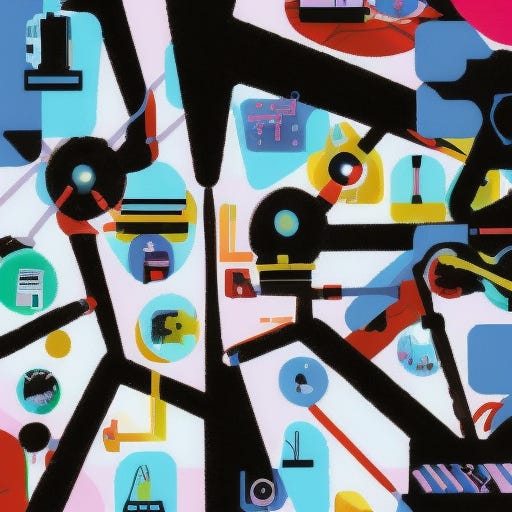


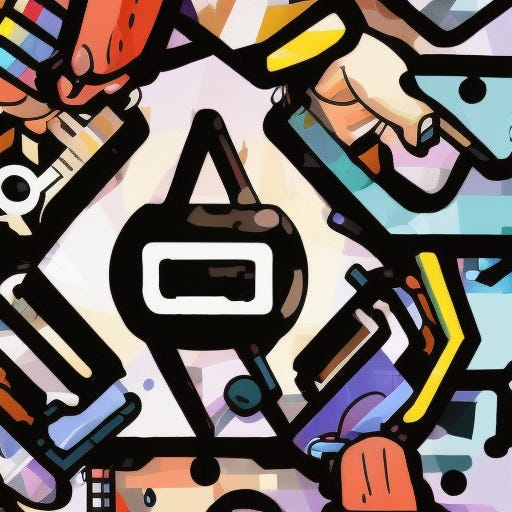
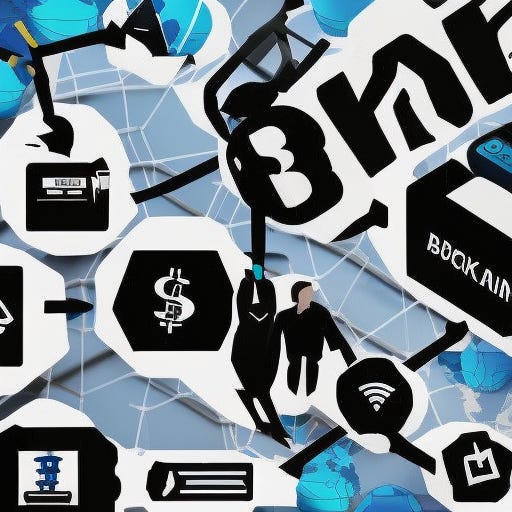
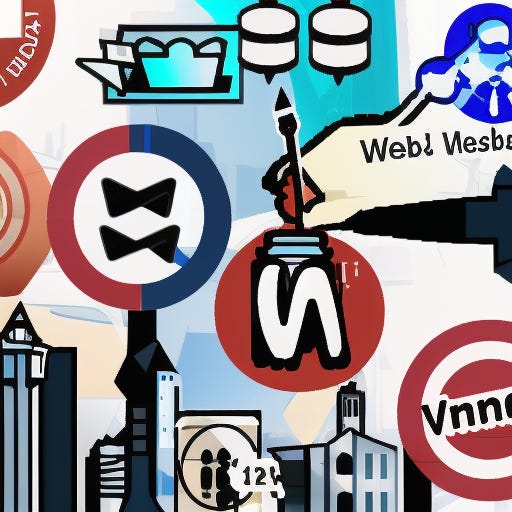

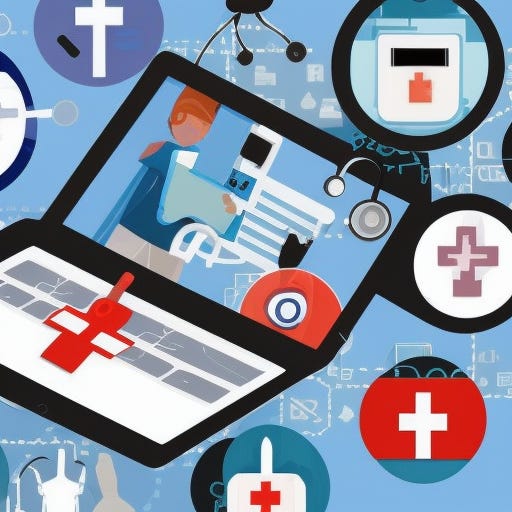
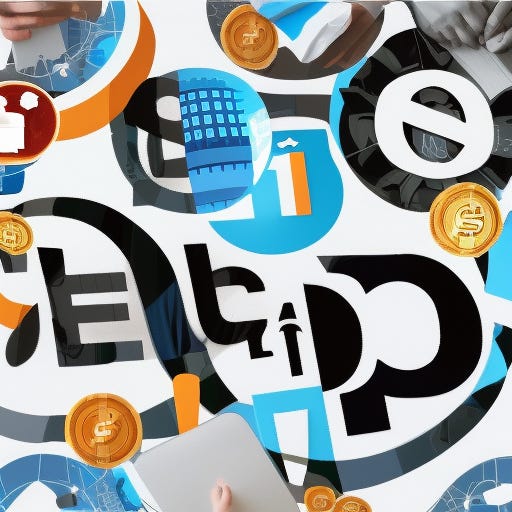

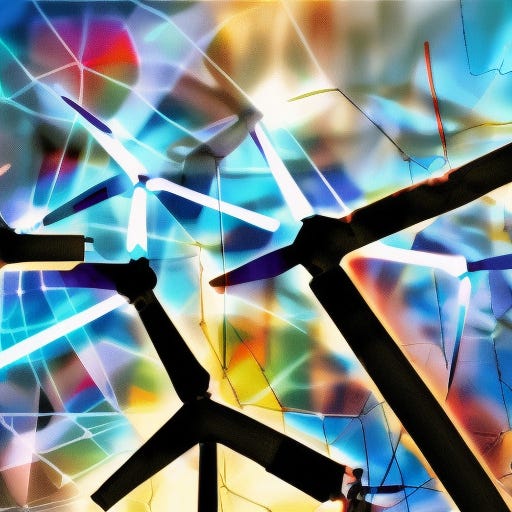
any course to learn the basics of web3 to start with?
WEb 3 is the future and looking forward to it. Thank you for sharing the beginnings of your journey. Makes it a little less intimidating for a beginner like me. Looking forward to Friday.